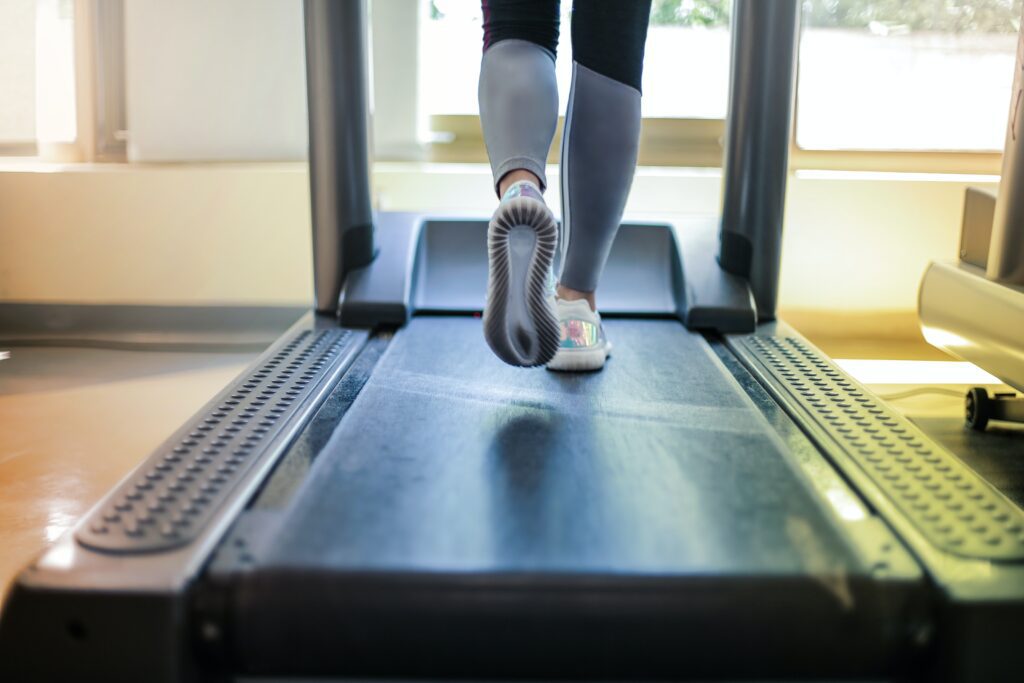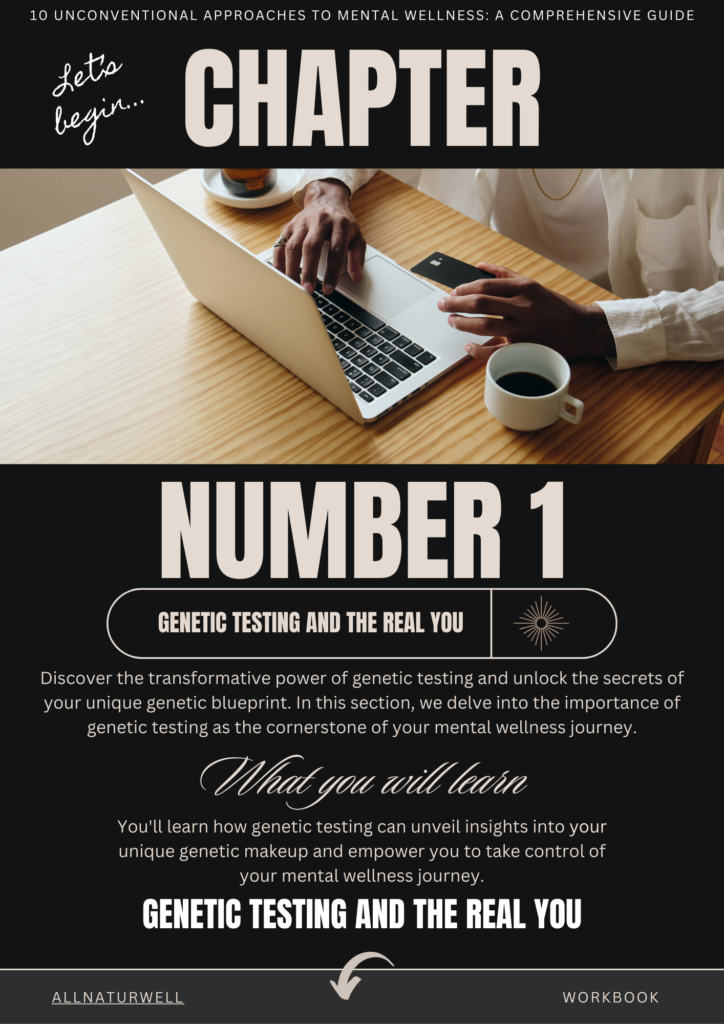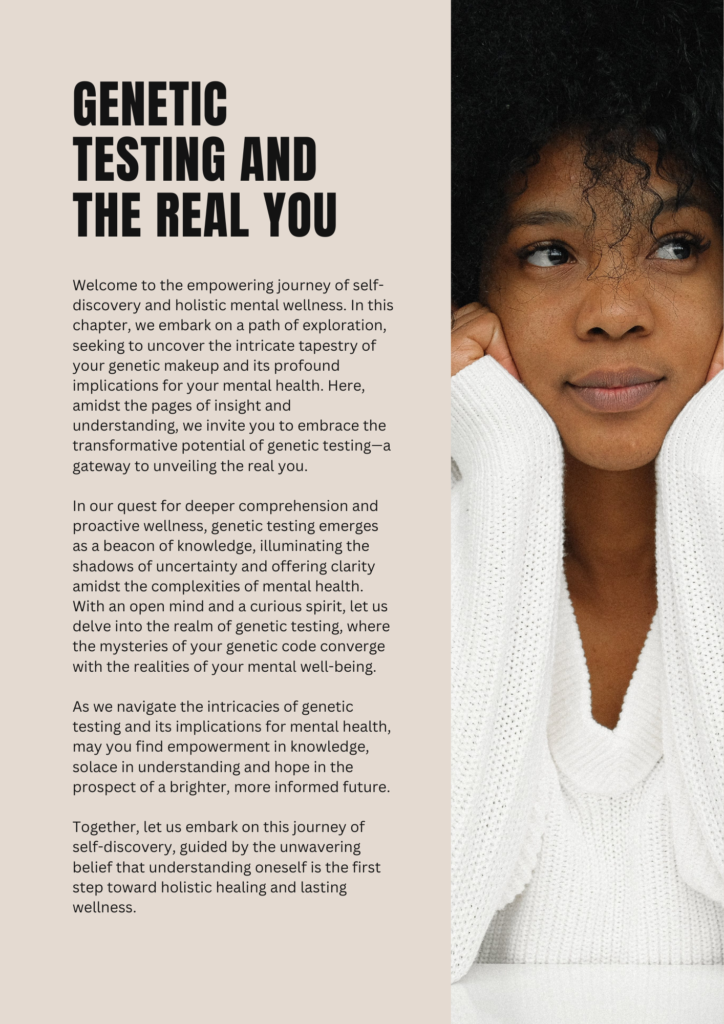Living with ADHD can present unique challenges, but with the right strategies, you can thrive and harness your full potential. In this article, we will explore practical and holistic approaches to enhance focus and productivity naturally. By incorporating supplements, embracing a whole foods diet and engaging in exercises you can begin cultivating a more fulfilling and balanced life. Add journaling and meditation and you have the whole nine yards.
Nurturing Focus and Productivity
Supplements for Focus
Omega-3 fatty acids and magnesium have shown promising results in improving focus and cognitive function for individuals with ADHD. Omega-3 fatty acids, commonly found in fish oil or flaxseed oil supplements, provide essential nutrients for brain health. Similarly, magnesium supplements can support neurotransmitter function and promote a calmer mental state, aiding in concentration.
When considering supplements to support focus it’s important to approach the topic holistically. While supplements can play a complementary role, they should not replace comprehensive treatment plans involving medical professionals. That being said, certain supplements may be worth exploring. Omega-3 fatty acids, particularly EPA and DHA, have shown potential benefits for cognitive function and mood stability. Additionally, B vitamins, including B6 and B12, are involved in neurotransmitter synthesis and may support brain health.
Adaptogenic herbs such as rhodiola rosea and ashwagandha are known for their stress-reducing properties, potentially assisting with emotional regulation. However, it’s crucial to consult with a healthcare practitioner to assess individual needs, potential interactions and determine appropriate dosages to ensure safe and effective use of supplements as part of a comprehensive treatment approach.
Nurturing Focus and Productivity
Fueling the Brain with Whole Foods
Nutrition of course plays a crucial role in supporting brain function. Including whole foods such as fruits, vegetables and lean proteins in your diet provides essential vitamins, minerals and antioxidants. These nutrients nourish the brain and promote optimal cognitive performance. Additionally, eliminating processed foods, fast foods and refined sugar intake can help stabilize mood and energy levels. Losing wheat would be a good idea too. (We will cover that in another post but in the meantime, read Grain Brain by doctor David Perlmutter MD.)
When it comes to fueling the brain, adopting a whole foods approach can be beneficial for women with ADHD (not to mention everyone else on the planet). A diet rich in nutrient-dense whole foods provides essential vitamins, minerals, antioxidants and fiber that support brain health and overall well-being. Incorporating a variety of colorful fruits and vegetables ensures an abundance of antioxidants, which help protect the brain from oxidative stress.
Quinoa and brown rice, provide a steady release of energy and can help stabilize mood. Including lean proteins like fish, poultry and legumes provides amino acids necessary for neurotransmitter production, which can impact mood and focus. Healthy fats from sources like avocados, nuts and seeds are crucial for brain function and may help regulate emotions. Lastly, staying hydrated with water and incorporating herbal teas can support cognitive function and overall hydration.
Read: ADHD and Amino Acids: Naturally Quiet Attention Overload
Thriving with ADHD: Nurturing Focus and Productivity Naturally

Exercise for Focus and Energy
Regular exercise is a powerful tool for managing ADHD symptoms. Engaging in physical activities like aerobic exercises, yoga or martial arts not only improves focus and attention but also boosts energy levels and reduces stress. Exercise releases endorphins, the “feel-good” hormones, which can positively impact mood and overall well-being.
For women with ADHD exercise can become one of the most powerful tools in the shed you can use for enhancing focus and energy. Engaging in regular physical activity has been shown to improve cognitive function, increase alertness and boost mood. Aerobic exercises such as walking, running, cycling or dancing stimulate the release of endorphins, which improve mood and reduce symptoms of anxiety and depression. Additionally, exercise promotes the production of neurotransmitters like dopamine and serotonin, which play vital roles in attention, mood regulation and overall well-being.
*Note: The relationship between exercise and a COMT gene mutation is complex. The COMT gene affects how the body processes dopamine and stress hormones, including cortisol. For those with COMT gene mutations, moderate exercise that doesn’t significantly raise cortisol levels may be more beneficial for managing anxiety. Read more here.
Incorporating activities that require focus and coordination, such as yoga or martial arts, can also improve cognitive skills and concentration. If you are just beginning your holistic journey to whole self wellness, start with a simple treadmill and create a walk routine right there in the privacy of your own living room. Create a daily walk schedule and practice following through with daily exercise. This alone will start your journey off right. If you don’t have tread mill, just get one that slips away easily if you need it to. (Here’s the one I recommend for beginners.) Of course, if a morning walk outdoors is accessable, by all means do that. The important thing here is to just start and stay with it, rain or shine.
Nurturing Focus and Productivity
Journaling as a Cognitive Tool
Journaling offers a creative outlet and helps organize thoughts and emotions. For individuals with ADHD, bipolar disorder and/or rejection sensitive dysphoria as well, journaling can serve as a cognitive tool to enhance focus and self-awareness. By jotting down tasks, goals and reflections, you can declutter your mind and improve mental clarity. It’s a valuable practice for managing overwhelm and staying organized.
Journaling also provides a safe and private space to express thoughts, emotions and experiences, facilitating self-reflection and self-awareness. Regular journaling can help individuals with ADHD, bipolar disorder and/or rejection sensitive dysphoria better understand their triggers, identify problematic patterns and gain insights into their shifting mental and emotional states.
By putting thoughts on paper, it can help to declutter the mind and improve focus. Journaling can serve as a coping mechanism, allowing individuals to process and release difficult emotions, reducing the risk of rumination and negative thought patterns. It can also serve as a tool for setting goals, tracking progress and celebrating achievements. Incorporating prompts, gratitude lists or affirmations can further enhance the positive impact of journaling.


Nurturing Focus and Productivity
Meditation for Mindfulness
Incorporating meditation into your daily routine can help cultivate mindfulness and improve attention control. Mindfulness meditation involves focusing on the present moment, observing thoughts without judgment. Regular practice can strengthen your ability to redirect attention and reduce distractions, leading to improved focus and emotional regulation.
Meditation can offer numerous benefits for women with ADHD. By engaging in regular meditation, individuals can develop a greater sense of self-awareness, improve attention and focus and enhance emotional regulation. Mindfulness meditation involves directing attention to the present, allowing for a non-reactive and accepting attitude towards thoughts and emotions. This practice can help individuals become more attuned to their inner experiences, recognize triggers and respond to them in a calmer and more measured way.
Meditation can also promote relaxation, reduce stress levels and improve overall well-being. Starting with short sessions and gradually increasing the duration can be beneficial and incorporating guided meditations or mindfulness apps will definately provide additional support.
Here are a few meditation apps you can take a look at if meditation is new to you.
Nurturing Focus and Productivity
Living a happy and productive life with ADHD, bipolar disorder and/or rejection sensitive dysphoria is entirely possible through a holistic approach. By incorporating supplements, embracing whole foods, engaging in regular exercise, journaling and practicing differant forms meditation, you can constantly be nurturing your focus, productivity and overall well-being. Experiment with these strategies, adjust them to your unique needs and discover the transformative power they hold for individuals with ADHD, bipolar disorder and/or rejection sensitive dysphoria.
YOU MAY BE INTERESTED IN:
Disclaimer: The information and/or products mentioned in these article are provided as information resources only and are not to be used or relied on to diagnose, treat, cure or prevent any disease. The statements made in this article have not been evaluated by the Food and Drug Administration. Any products mentioned are not intended to diagnose, treat, cure, or prevent any disease, but rather to be considered as an informational resource only to encourage critical thinking and personal research. The information in this article is intended for educational purposes only. The information is not intended to replace medical advice offered by licensed medical physicians. Please consult your doctor or health care practitioner for any and all medical advice.
Sign up for our weekly newsletter. it's free!

52 Weeks, 52 Topics! Get Our Latest ‘Stay Well’ Newsletter Every Monday And Start Your Week Off AllNaturWell. A New Tip, A New Study Revealed, A New Product Reviewed. Get It Right To Your Inbox Weekly. No Need To Wait. It’s Free!









